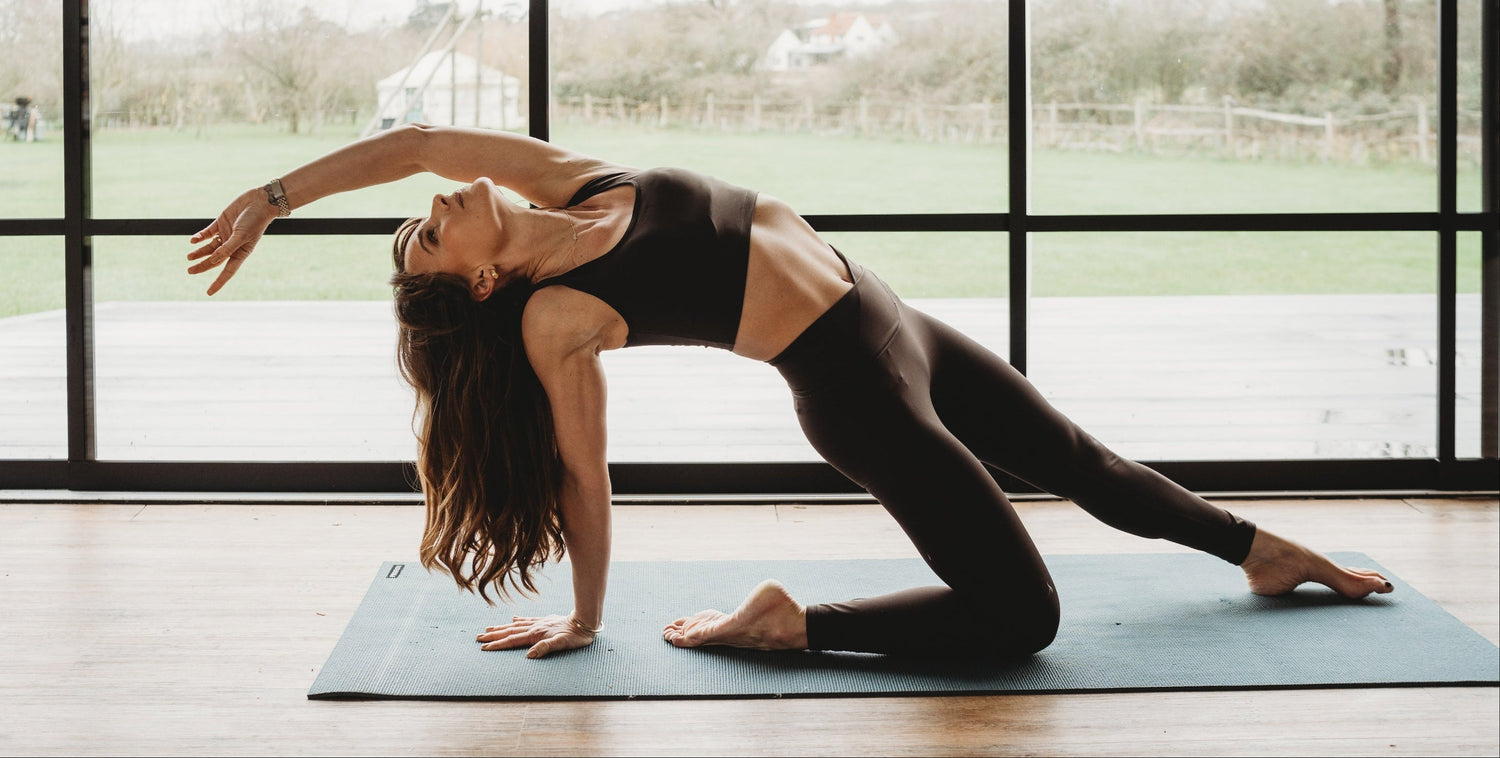
Benefits of Yoga
Yoga for me personally has been medicine. It holds so many health benefits and is just a really great way to move your body.
Yoga has a profound effect on the nervous system. By practicing deep breathing and meditation, yoga activates the parasympathetic nervous system, also known as the “rest and digest” system, helping to reduce the body's stress response and promote relaxation. As chronic stress is linked to cancer, reducing stress and calming your nervous system should be high on your priority list.
Yoga helps stimulate the lymphatic system, which is responsible for immune system function and waste removal. Certain poses help encourage the flow of lymph fluid and promote detoxification.
Yoga has been shown to boost the immune system by increasing the circulation of immune cells like T cells, natural killer (NK) cells, and macrophages(a type of white blood cell that plays a crucial role in the immune system). The practice also helps lower inflammation.
YOGA AND OUR FOUR PILLARS
The amazing thing about incorporating a yoga practice is that it goes far beyond just movement on the mat. It’s about adopting a way of living. A set of principles and values that can profoundly support you through the emotional and physical challenges of a cancer diagnosis. Yoga can help you manage stress, navigate symptoms, and create the internal conditions for your body to heal.
When you embrace yoga as a lifestyle, you begin to support all four pillars of healing: Eat, Move, Mind, and Detox.
Eat in this context, isn’t just about food, it’s about everything we consume. What are we feeding our minds? What are we watching or reading? Are we doom-scrolling through negative content, or choosing uplifting, inspiring, and educational material? Are we prioritising laughter, connection, and joy by spending time with people who uplift us, rather than those who drain our energy?
Laughter is healing.
And when we consciously choose what we consume; mentally, emotionally, and physically, we begin to shift our internal environment in powerful ways that support true healing.
Mind in this context incorporates the above but also the presence a physical practice can bring is a powerful way to prioritise your mental health. amidst the storm of a cancer diagnosis, life can often feel hectic, scary and like you have no control (this is true of everyone's lives but is highlighted in trauma) so committing to a daily physical yoga practice on your mat is a great way to become very present in your body, check in with your breath and calm and regulate your nervous system. It is unrealistic to think we can always be in a calm and rested state but the important thing is being able to come down and calm down from whatever may have unnerved us and stressed us so that we are able to drop back into a place of calm and stillness and to avoid being in a chronic state of stress. A yoga practice offers the perfect opportunity to do that.
Detox Yoga offers many poses that support the body’s natural detoxification systems. This includes movements that aid digestion, a common area of difficulty for many cancer patients undergoing conventional treatments. Yoga involves stretching, contracting, and twisting the muscles, which helps to “squeeze” lymph through the lymphatic vessels and nodes, encouraging healthy lymphatic flow.
Inversions, such as legs up the wall, use gravity to assist lymph drainage, particularly from the legs and lower body. Since the lymphatic system plays a vital role in detoxification and immune support, keeping it flowing optimally can be incredibly beneficial for your healing process.
Incorporating breathwork into your yoga practice offers a hugely diverse range of different techniques that help our bodies to detox through breath.
Move As mentioned, movement has a profound impact on our cellular health. It helps regulate pro-inflammatory signals that contribute to disease while encouraging the release of anti-inflammatory signals that support healing. Beyond the biological benefits, movement is essential for our sense of well being, something that becomes even more vital when you're facing one of the biggest battles of your life.
The beauty of yoga is that it’s adaptable to every stage of your journey. I’ve practiced yoga from my hospital bed after major surgery, and I’ve also experienced the intensity of fast-paced, heated flows. Yoga meets you exactly where you are; physically, mentally, and emotionally.

